Life
Sign up for our newsletter
We summarize the week's scientific breakthroughs every Thursday.
-
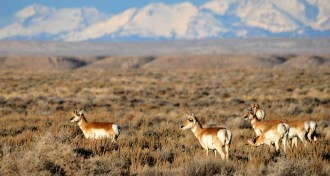 Animals
AnimalsAnimals get safe spots to cross the road — and car collisions drop
Over- and underpasses built for wildlife in Wyoming proved a success for both the animals and the humans traveling the roads.
-
 Environment
EnvironmentDeepwater Horizon oil spill caused months-long ‘dirty blizzard’
Pollution from the 2010 Deepwater Horizon oil spill accumulated on the seafloor for months after the leak was patched.
-
 Neuroscience
NeuroscienceMorphine may make pain last longer
Instead of busting pain, morphine lengthened the duration of pain in rats with a nerve injury.
-
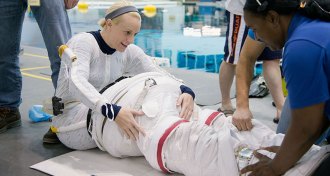 Science & Society
Science & SocietyBiologist Kate Rubins’ big dream takes her to the space station
Molecular biologist Kate Rubins led a 14-person virology lab before becoming an astronaut. She heads to the International Space Station on June 24.
-
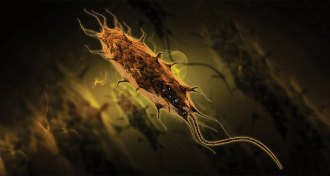 Life
LifeBacteria resistant to last-resort antibiotic appears in U.S.
For the first time in the United States, scientists have reported a patient infected with a strain of bacteria carrying the gene mrc-1, making it resistant to the last-ditch antibiotic colistin.
By Meghan Rosen -
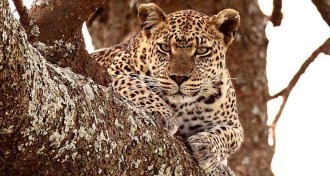 Animals
AnimalsCounting cats is hard, but we know the numbers aren’t good
Recent studies highlight the difficulty of counting big cats, but even imperfect counts show that these species are in trouble.
-
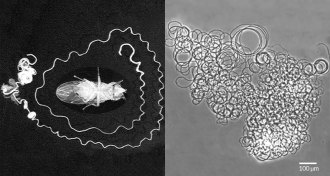 Life
LifeFruit fly’s giant sperm is quite an exaggeration
Giant sperm, about 20 times a male fruit fly’s body length, could make the insects the champs of supersized sexual ornaments.
By Susan Milius -
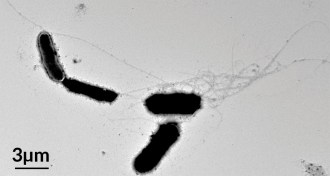 Neuroscience
NeuroscienceAlzheimer’s culprit may fight other diseases
A notorious Alzheimer’s villain may help bust microbes.
-
 Life
LifeWomen in sports are often underrepresented in science
More and more women are taking up recreational and competitive sports. But when it comes to exercise science, the studies don’t reflect that trend.
-
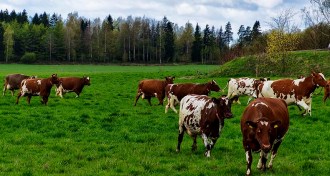 Animals
AnimalsAntibiotics in cattle leave their mark in dung
Treating cattle with antibiotics may have side effects for dung beetles, microbes and greenhouse gases.
-
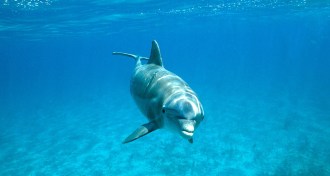 Animals
AnimalsSnot could be crucial to dolphin echolocation
An acoustic model reveals that echolocation relies on mucus lined tissue lumps in the animal’s nasal passage.
-
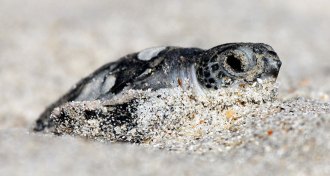 Animals
AnimalsFor baby sea turtles, it helps to have a lot of siblings
After hatching, baby sea turtles must dig themselves out of their nest. This requires less energy if there are lots of siblings, a new study finds.